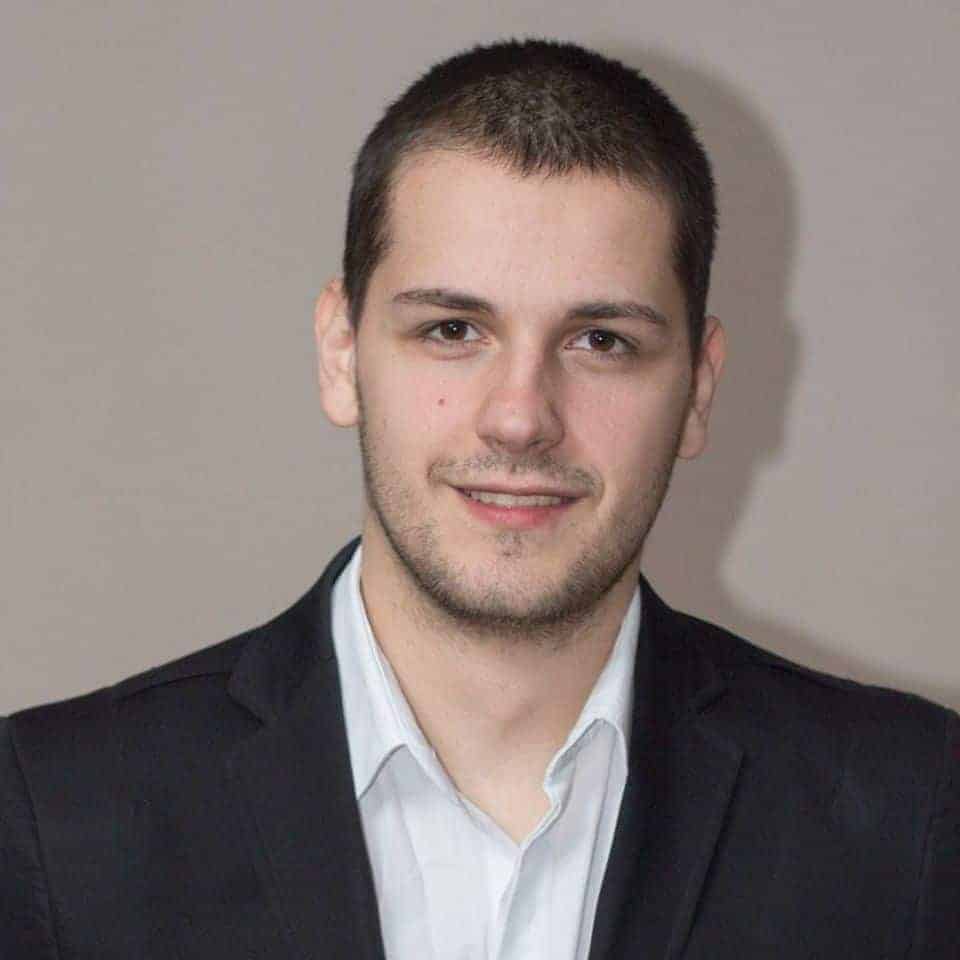
This week, Mystic Mag had the opportunity to interview Sound Therapist Mary McIntyre, who kindly agreed to share some information about her career, Sound Therapy, and how vibrations can affect your body.
When did you first know that being a Sound Therapist was your calling and how did it come about?
I am a musician, and up until 2017 I was giving piano lessons at home and performing on tour with rock band The Wizards of Winter every holiday season. Although I really enjoyed that, after six years the tours had grown so long and nationwide it became impossible for me to juggle that career with raising my three children.
I started considering a career in music therapy when I came across a healing modality called vibrational sound therapy. I’d never heard of it, but the idea of tuning human beings the way you tune a piano intrigued me. I made an appointment for a tuning that included past-life regression, because I’d always had a nagging memory that intuitively felt like a past life. My tuning and regression turned out to be a life-altering experience. I discovered who I’d been in a past life and matched up sketches I’d made in my dream journals with places this person had lived. It’s too long of a story to relate here, but I wrote about it in my blog Reincarnation: Do These Drawings Prove It’s Real? (marymcintyresound.com) .
Once I had processed the experience, fact-checked and verified with my skeptical mind, I knew in my heart I was being called to learn this modality (The Alexander Method® of Vibrational Sound & Energy Therapy) and offer help to others. Interestingly, I was going through this process during my last tour with the band and for the first time I found myself irritated by the screaming electric guitars and pounding drums on stage every night (sorry guys!). After just one session I had already become more finely tuned to sensing what was having a positive or negative effect on me.
How would you describe Sound Therapy?
Sound therapy is an ancient practice which is now returning to our awareness as a healing art. There are numerous modalities that fall under the umbrella of sound therapy; whether it be vocal toning, or using singing bowls, or tuning forks, or a harmonic egg, the basic premise is that all matter is vibration so sound frequencies, being vibration, interact with the human body on a cellular level to bring about well-being. In my opinion, even activities like singing in a choir, chanting kirtan, or listening to a forest full of birds are forms of personal sound therapy.
The Alexander Method® is a highly specialized sound therapy modality that uses tuning forks to deeply relax the client and open, balance, align, and connect their chakra energy system. I would describe it as gentle, effective, personalized, and transformative music for the soul.
How can vibrations and certain tunes affect one’s body?
I learned from my teacher, Lisa Alexander, that Nikola Tesla said it best: “If you want to find the secrets of the universe, think in terms of energy, frequency, and vibration.”
Most of us have found ourselves responding to music emotionally, even if we don’t understand the lyrics or there are no lyrics. Minor chords elicit feelings of sadness or reflection. Major chords feel bright and happy to us. Intentional use of intervals such as the perfect fifth and the minor third is how talented composers garner emotional responses from us.
As a musician I’d always known about the emotional effects of these intervals, but when I learned it was possible for sonic intervals to affect my physical body, I wasn’t sure I believed it. The first thing I needed to understand was that all matter is energy vibrating at a particular frequency. As Einstein said, physical matter (like the human body) is simply energy whose vibration is low enough that it is perceptible by the senses. Beyond the matter of our physical body, we have an energetic body that is multi-layered and vibrating at a different frequency so is not perceptible to our senses.
In tuning fork modalities like The Alexander Method®, the vibrational frequencies emitted by the forks are interacting with the vibrational frequencies of the client’s energetic bodies. We use the seven Solfeggio Frequencies, amongst others. We also use weighted forks specifically designed for use on the physical body to relieve pain, tightness, and nerve issues. Activating the fork causes vibration that can be felt by pressing the stem of the fork to the body. The gentle vibrations reach deep into tissue, and it feels great!
What can a person expect from your sessions?
My clients can expect to lay down on a massage table fully clothed, made comfortable with a blanket and pillow, and do nothing but rest as I sound tunings forks near their ears and all around their body. People tend to come through the door feeling “out of tune” and leave feeling like they are back in balance. Those who come for regular tunings report that the feeling lasts longer and longer each time. I also get a lot of feedback regarding increased intuitive ability, lucid dreaming, and spiritual awakening. That is certainly what happened to me after a couple advanced level tunings.
A tuning tends to take 60-90 minutes, depending on the client’s current state of being and desired outcome. If they wish, we can work on pineal gland repair and activation, DNA/RNA repair and activation, and even past-life regression which takes more time than a standard tuning. Whether it’s a standard tuning intended to reduce anxiety or a more advanced tuning intended for those specialized actions I just mentioned, people always report a feeling of being in a dreamy state somewhere between sleep and wakefulness during the session.
What is the most important detail in maintaining a relationship of mutual trust with clients?
Listening to the client and maintaining confidentiality. Some clients just want that feeling of relaxation and rejuvenation that comes from a tuning, and they go on their way feeling refreshed; others want to talk afterwards and go deeper, because vibrational sound therapy tends to unburden us of emotions and traumas that no longer serve us. It’s important to listen to what my clients need, not push them beyond their comfort zone, and respect their privacy above all else.
What do you love most about your profession?
I love helping people feel better! I also love using sound in this new way, and I can work around my children’s schedule. I still sing and play music but being a sound therapist goes beyond entertaining people and makes a difference in their lives. It gets them in touch with the fact that we are more than our physical body. For me personally, this work helped me understand my spiritual self and deepen my relationship with God (whom I spent most of my life not believing in). When I am in tune, I have a more harmonious relationship with myself and everything around me. Bringing that state of being out to others is a movement that we practitioners are excited about. I have a motto on my business card, “bringing harmony to the world, one person at a time” that pretty much sums it up!



